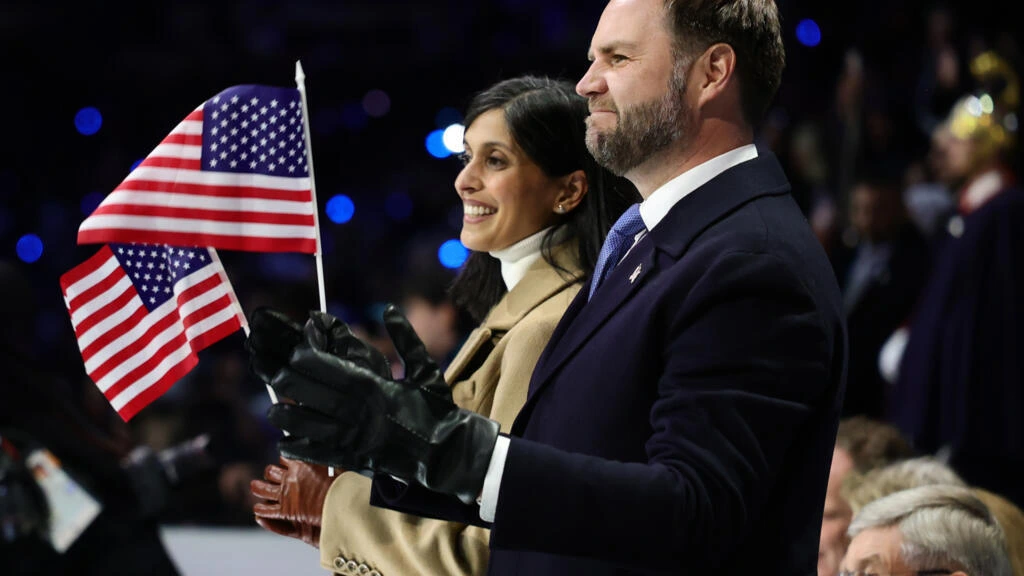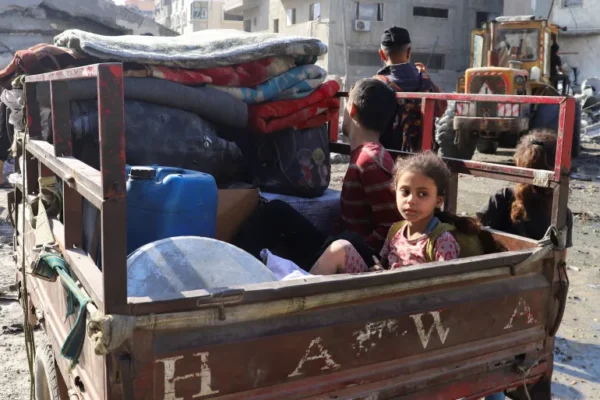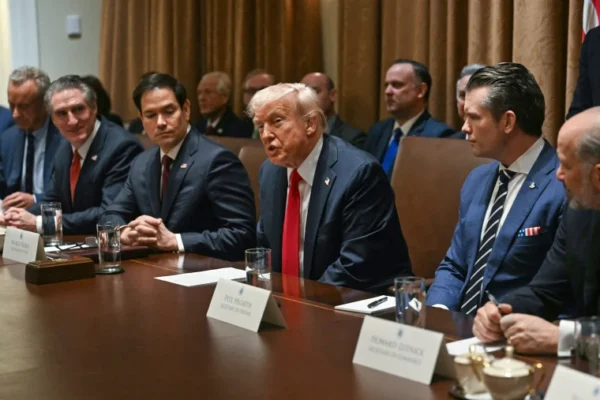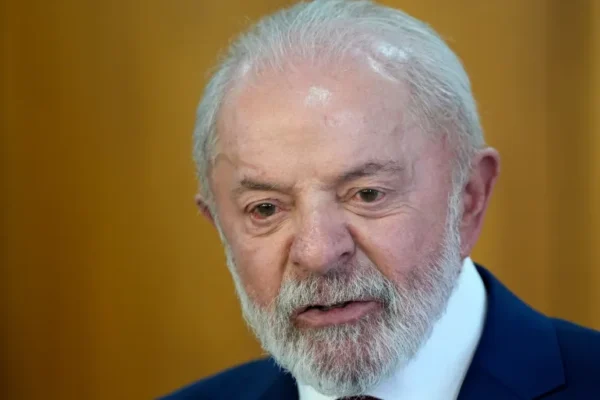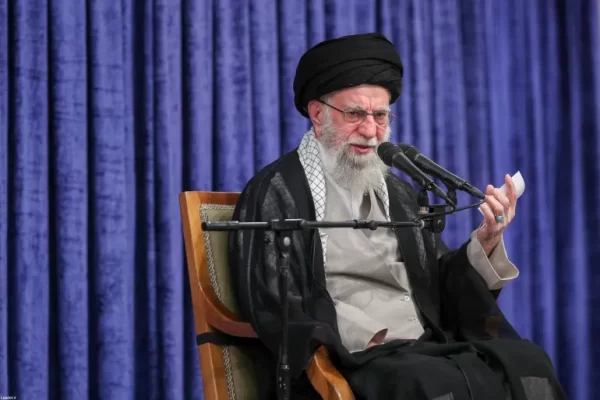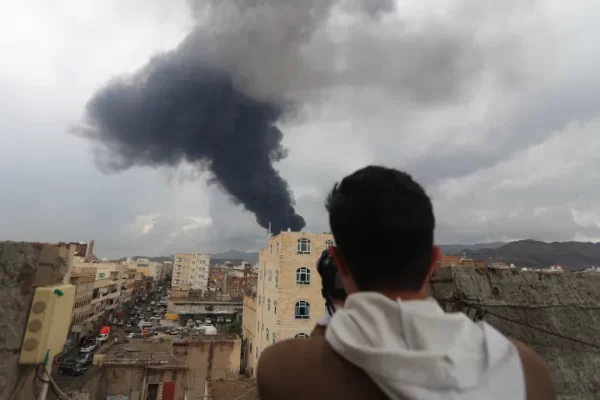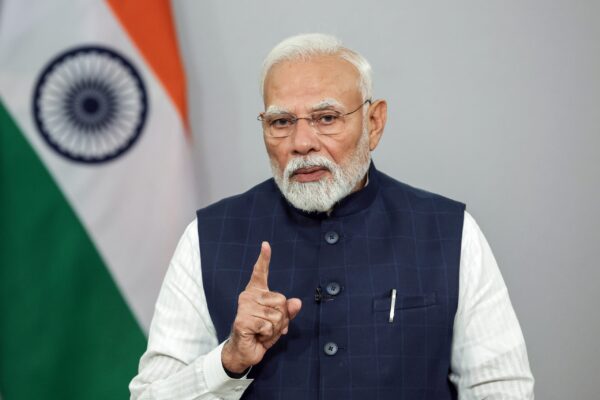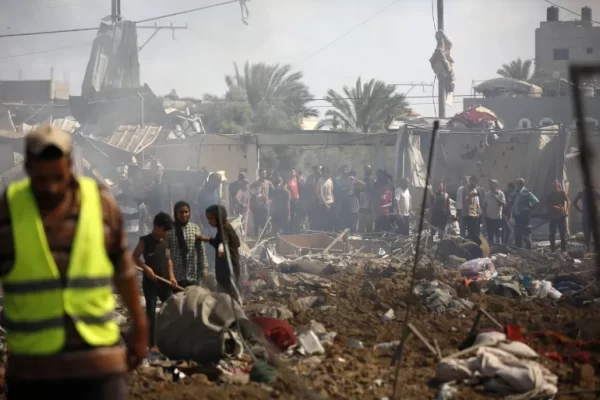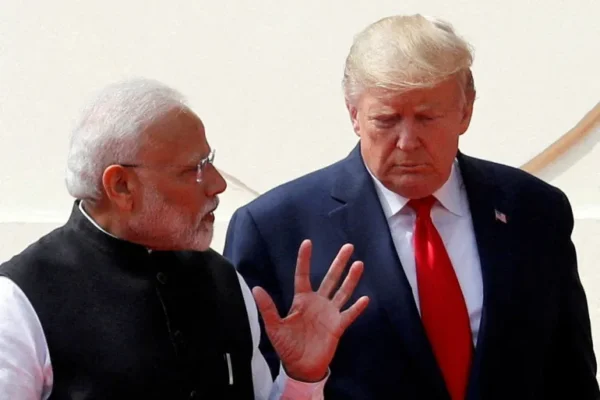
Trump’s 50% Tariff on India: Impact, Exemptions, and Future Relations
U.S. President Donald Trump’s new 50 percent tariff on Indian imports, which officially took effect on Wednesday, is poised to disrupt trade worth billions of dollars and could strain relations between Washington and New Delhi. The tariff escalation began in late July, with the U.S. initially imposing a 25 percent tariff on Indian goods. A week later, an additional 25 percent was added, citing India’s continued purchase of Russian oil. This move is seen as part of the ongoing trade tension between the two nations. Which Sectors Will Be Affected? The new 50 percent tariff will apply to a wide range of Indian exports, including gems, jewelry, textiles, footwear, furniture, and industrial chemicals. According to the Global Trade Research Initiative (GTRI), Indian exports to the U.S. could drop from $86.5 billion this year to an estimated $50 billion by 2026 due to these tariff hikes. Several key sectors, such as textiles, garments, gems and jewelry, shrimp, and carpets, are expected to bear the brunt of this tariff. The GTRI warns of a potential 70 percent drop in exports from these industries, which could jeopardize hundreds of thousands of jobs. “These sectors are labor-intensive, with many small companies that may not survive the hit,” said MK Venu, founding editor of The Wire news outlet. He also noted that businesses could relocate to countries like Vietnam, Bangladesh, and Pakistan, which offer more competitive export conditions. Which Industries Are Exempt? The Indian pharmaceutical industry has been granted an exemption from the new tariffs, as U.S. consumers rely heavily on affordable generic drugs, with India supplying nearly half of the U.S.’s generic medication imports. In 2024, Indian pharmaceutical exports to the U.S. amounted to approximately $8.7 billion. Additionally, products like semiconductors, consumer electronics, aluminum, steel, and passenger vehicles will be subject to separate tariffs, outside the blanket 50 percent rate. India’s Response and Mitigation Plans In response to the new tariffs, Indian Prime Minister Narendra Modi has called for greater self-reliance, emphasizing India’s need to increase its domestic productive capacity. In his Independence Day speech, Modi stressed that India should strive for self-sufficiency “not out of desperation, but out of pride,” particularly as global economic tensions rise. To offset the potential economic damage, the Indian government is offering financial assistance to exporters affected by the tariffs, encouraging them to diversify into new markets, including Latin America and the Middle East. Modi’s government has also promised tax cuts, subsidies, and a simplification of the Goods and Services Tax (GST) to support domestic businesses. Faisal Ahmed, professor of geopolitics at the Fore School of Management, pointed out that India’s push for economic self-sufficiency isn’t new. The tariff situation is expected to accelerate this process. However, critics, including Venu, argue that the government lacks clarity on how to fund these subsidies, which may not be enough to cushion the blow to affected industries. Impact on Bilateral Relations The imposition of these tariffs is likely to strain U.S.-India relations, which were already under pressure due to disagreements over trade imbalances and India’s Russian oil imports. U.S. Treasury Secretary Scott Bessent and other Trump officials have accused India of indirectly funding Russia’s war against Ukraine by purchasing Russian oil, a claim India denies. In response, New Delhi emphasized that its oil imports are driven by market forces and the energy needs of its 1.4 billion people. The U.S. has also expressed dissatisfaction with India’s high tariffs on American agricultural goods, with Trump previously criticizing India’s 39 percent average tariff on agricultural imports. However, New Delhi has refused to open its agriculture sector to cheap U.S. imports, citing the need to protect local farmers. The Path Ahead The tariff dispute has prompted India to reconsider its overreliance on the U.S. market, with New Delhi exploring alternatives such as joining multilateral trade pacts and strengthening ties with countries like China and Russia. The Indian government is also negotiating a trade deal with the European Union, aiming to conclude it by the end of the year. While some analysts predict that the tariffs may only cause a modest impact on India’s GDP, estimates suggest a potential loss of about $36 billion, or 0.9 percent of GDP. Despite the challenges, India is expected to continue growing, with the International Monetary Fund forecasting a 6.4 percent GDP growth in 2026. Trump’s Justification for Tariffs President Trump has repeatedly criticized India’s high tariffs on U.S. goods, arguing that India has been one of the highest-tariffed nations globally. His administration has sought to push India to reduce these trade barriers, particularly in sectors like agriculture and dairy, though India has resisted such demands. With the ongoing geopolitical rivalry between Russia and the West, India’s continued purchase of Russian crude oil remains a significant point of contention. U.S. officials have accused India of “profiteering” from discounted Russian oil, further fueling tensions. As the trade conflict escalates, India is likely to reevaluate its foreign policy and economic strategy, seeking new alliances and trade partners in the face of shifting global dynamics.

